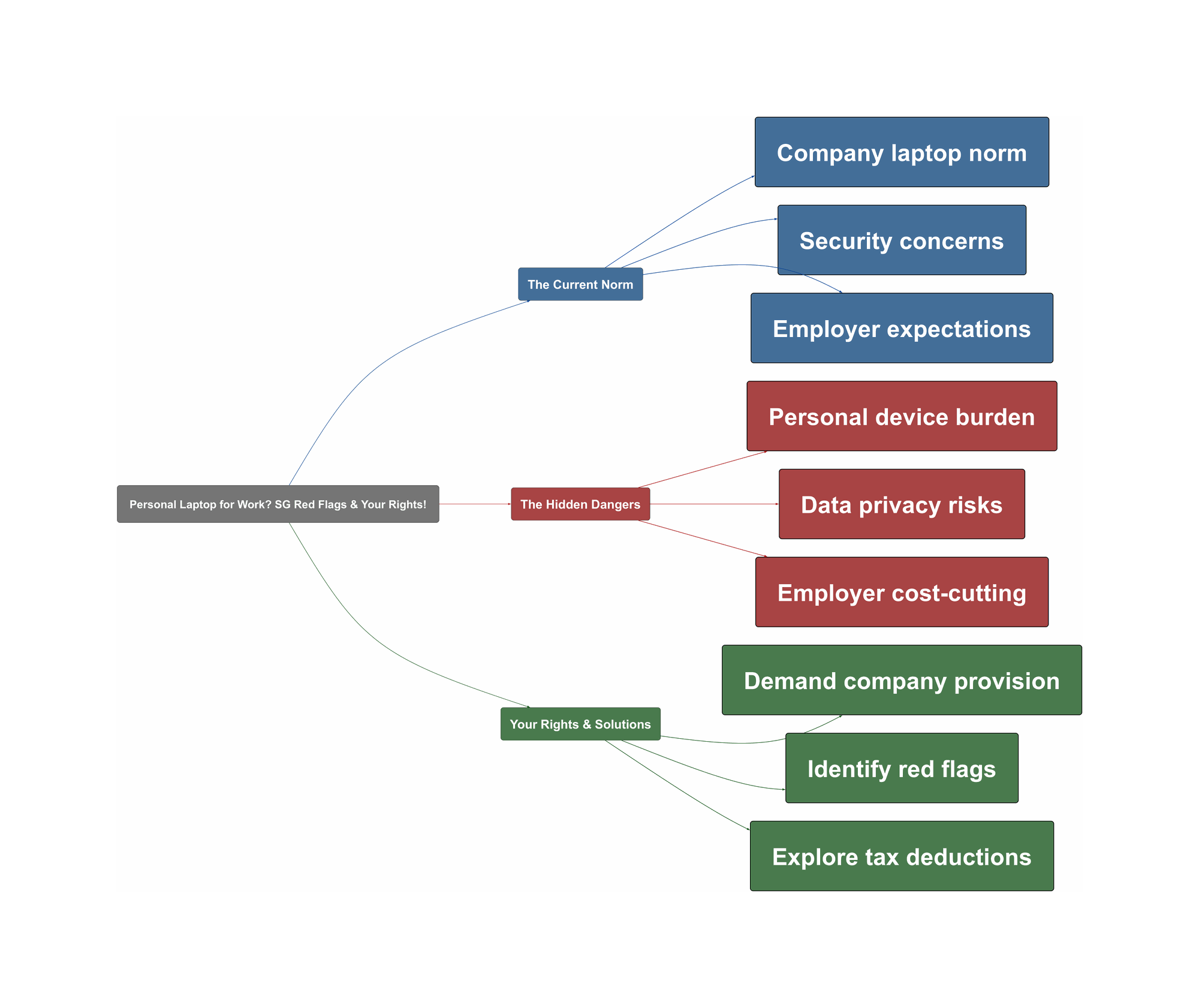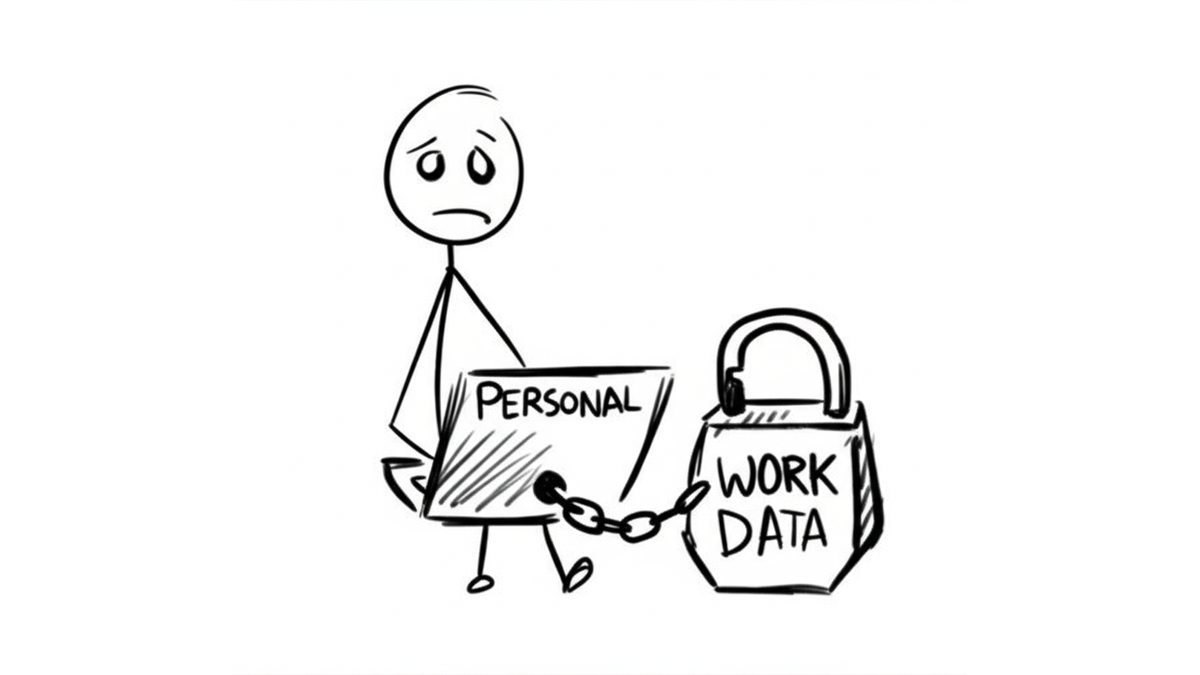Ever been asked to use your personal laptop for your full-time job in Singapore? You’re not alone, but a recent Reddit discussion reveals this might be a bigger red flag than you think. While it might seem like a minor inconvenience, it opens up a whole can of worms, from data security to your own rights as an employee. Let’s dive into why this practice is raising eyebrows among Singaporean professionals and what you can do about it.
The Current Norm
- Company laptop provision
“It is very common for companies to issues their own laptop.”
In Singapore, the prevailing standard, even among Small and Medium-sized Enterprises (SMEs), is for employers to provide company-owned laptops for work. This is largely due to the critical need for IT security and data privacy. Many Reddit users shared that across multiple jobs, both big and small companies, they were always issued a work device. This trend highlights a growing awareness of corporate responsibility and the protection of sensitive information.
- Industry variations noted
“If you’re in media/education etc using your own laptop is extremely common. If you’re in finance/accountancy or any other form of white collar job, it’s standard practice to be given a company laptop.”
However, some industries, like media or education, might still see personal device usage as common, perhaps due to the nature of the work or a more flexible, freelance-oriented culture. But for most white-collar roles, especially those handling confidential data, a company-issued device is the norm, with some companies even providing petty cash for new hires to purchase one.
The Hidden Dangers
- Security & PDPA risks
“it’s such a huge security issues I’m surprised any company is dumb enough to ask employees to bring their own laptop”
Using your personal laptop for work creates significant security vulnerabilities. It blurs the lines of data ownership and responsibility, making it difficult to control access to confidential company information. This is a major concern under Singapore’s Personal Data Protection Act (PDPA). Imagine the nightmare if a personal device, containing sensitive company data, gets lost or stolen – the company could face severe penalties and reputational damage.
- Employer ‘cheapo’ practices
“It’s a PDPA nightmare to have people use their personal stuff for work related matters. Even mobile phones are becoming a problem.”
Many Redditors label companies that require personal laptops as “cheapo” or unprofessional, viewing it as a cost-cutting measure at the employee’s expense. Beyond security, who pays for the wear and tear on your device? What if your laptop breaks down? These are legitimate concerns that can lead to frustration and impact productivity. It also raises the question: what if a new employee doesn’t even own a laptop?
Your Rights & Solutions
- Recognise the red flag
“Very common. Practically a red flag if they don’t. If it’s an internship, sure. But a real job? So unprofessional.”
If a full-time job requires you to use your personal laptop, consider it a significant red flag. It often signals a lack of investment in proper IT infrastructure, security protocols, and employee welfare. For internships, it might be more understandable, but for a permanent role, it’s a clear indication of potential issues within the company culture or financial stability.
- Negotiate or decline
“If it’s a full time job, they should be supplying it.”
Don’t be afraid to ask for a company-issued laptop during the negotiation phase. Frame it as a concern for data security and professional best practices, rather than a personal preference. If the company is unwilling to budge, it might be a sign to reconsider the offer. Prioritise your peace of mind and data security over a potentially problematic employer.
- Explore tax deductions
While not ideal, if you absolutely must use your personal laptop and the company refuses to reimburse, you might be able to claim tax deductions for work-related expenses. The IRAS website provides details on what can be claimed. This is a last resort, but it’s important to know your options if you find yourself in this situation.





